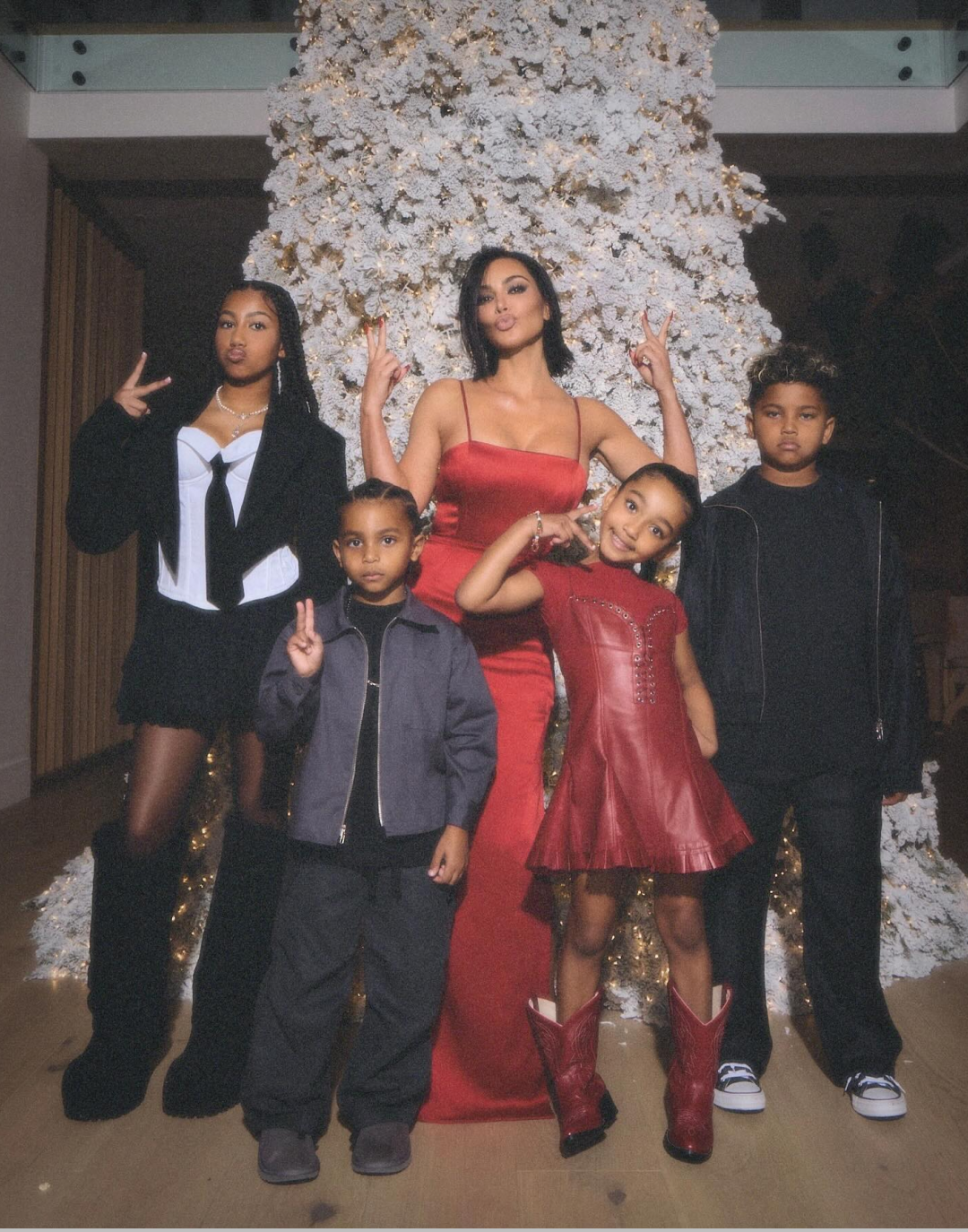
Unfriending is the new black Removing friends is the new trend on social networks
I remember when I signed on Facebook (back in 2009) and the initial enthusiasm I felt by playing with this virtual life. But, above all, I remember I requested friendship to anybody. We were all addicted to the “Add Friend” button: life on Facebook was all an “add” and “confirm” friends, even if you didn't know who those people were. But it didn't matter, what was important was to have the highest number of contacts to interact with.
However, today the trend is the opposite, which is to delete “uncomfortable” contacts. Removing Friend has become a national sport: I'm sure everyday, on your Facebook timeline, you have a friend who alerts people he wants to “clean” his contact list. This is the new trend on social networks, on Facebook as well as Twitter and Instagram.
But why? Maybe that initial hungry system who made us want to add random friends collapsed. It means we ended up having our timelines full of (annoying) people we didn't even know and who “contaminated” our virtual micro-world. And so: remove friend.
The truth is that we have become more intolerant. Socials are now like our bedroom when we were kids, a virtual space to take care and decorate, where we can do all things we love and invite friends to come in. So, if socials are like this now, it's clear that boring, annoying people or someone we don't want on our way must be removed.
I want to think about it like a form of self-defense, a way to love ourselves by deleting everything that hurts, annoys, bores us. Why do we force ourselves to bear polemical status, screamed slogans and ugly photos when with a simple click we could make everything more peaceful? Just like the picture an ex-partner shared with his new crush: why should we continue suffering this kinf of emotional violence? One solution: remove friend.
This is just one example, we could continue for hours with this list. But the point is that we have become more aware of our time and what is around us, maturing a healthy intolerance to everything we consider useless and, above all, nasty. We have become more selective, like a club which limits the right of entry. It's not snobbery, but survival.
The increasing awareness about what appears on our timelines and the greater sensitivity (or intolerance) we have now are so clear that Facebook and other social have introduced the “Mute” button for news feed (Twitter has it since May 2014, Instagram still doesn't have one). This option allows us to hide, temporarily or forever, a contact without removing him. This act is also avaiable for single post, making it hidden from our news feed timeline.
Social networks introduced actions which allow us to select news and contacts, and to continue to live happy and calm in our bedroom. But it's not enough. “Hiding” a friend is not like “Removing” him from our contacts. The difference is thin, but important. Hiding a contact means to forget him into a dark corner of Facebook, not to remove him from our virtual life definitively. Even if we can't see his news, this contact is there, silent, who looks at us, likes and comments our posts. We can feel his presence and, above all, he can still see us. But, removing a friend is a clean cut, just like a punishment for those people who haven't been worthy of our friendship.
However, the response to the Removing Friend has come soon. Many apps which allow users to know how many people and who exactly removed them from social networks have arisen. Then a delicate moral issue about Unfollowing emerges: is that right? How much our well-being is more worthy than a friendship on Facebook? How far can we remove contacts as if they were stains of dirt, without taking care about their feelings?
Because it's true that social networks are online spaces, not real, but now they are part of our life as virtual pieces of it. In real life would we break a long-time friendship just because of a not-corrected sentence or a bad opionion? I doubt it.
Social networks could ruin more friendships than playing Risk. So, before clicking on the Remove button you should think that the contact you are going to delete has feelings. And, above all, you should think how you might react if a friend deleted you from his contacts. The feeling is not good, I swear.
So, if years ago we added as many people as possible, today, on the contrary, we aim to remove them as much as possible. With the Unfriending Practice maybe we want to create perfect online timelines, our personal heaven without everyday boredom, annoyance and ugliness.
Just one obstacle: human feelings. And if the project doesn't work, we can just go back to real life.



















































